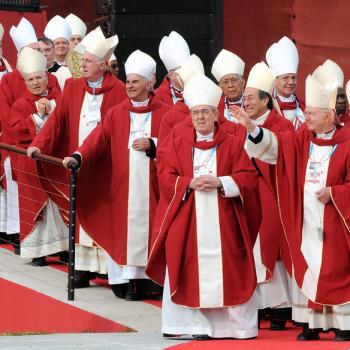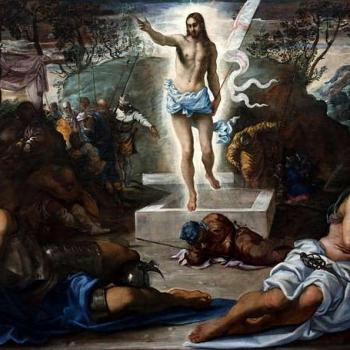The Washington Post Magazinepublished a fascinating article on the possibility that scholars have discovered a previously unknown portrait of William Shakespeare.

My verdict, speaking as a 17th century English Lit. specialist, is that it is not. The homelier, bald pictures are much better attested by the bard’s contemporaries and people who knew him. This could be him when he was younger, at the time of his patronage with the Earl of Southhampton–in whose passed-down art collection this portrait was found–but in the sonnets written during that time Shakespeare is lamenting that he doesn’t look like the guy in this portrait (see Sonnet 29). Also, Stanley Wells, the scholar who is trying to make the case for this portrait, has always been way too eager to claim to have discovered new Shakespeare material, as he did with some snatches of poetry in his Oxford edition of Shakespeare. (My classmate Gary Taylor actually discovered those poems and Wells made him his co-editor.)
Anyway, the feature in the Post is well-worth reading for its discussion of scholarly mysteries and for its lively evocation of Shakespeare’s life and times. I especially appreciated its portrait of the drama scene in Shakespeare’s day. (We really do know lots about Shakespeare, contrary to people who deny his existence, using the same kinds of reasoning that the Higher Bibical Critics use to deny the existence of Jesus Christ and the authorship of Scripture.) Shakespeare’s fellow playwrights were a lively bunch. I love this anecdote about another great playwright of the time, Ben Jonson, who lampoons Shakespeare for his social climbing and for purchasing an aristocratic coat of arms with the motto, “Not without right” (asserting his father’s claim that the family really did have ties to nobility):
Shakespeare’s social aspirations were so far above those of his fellow writers that they mocked him for it mercilessly. Jonson skewered him by writing the part of a comically affected rube who purchases a coat of arms and takes the crest of a boar without a head, to which Jonson assigns the uproarious motto, “Not Without Mustard.”













